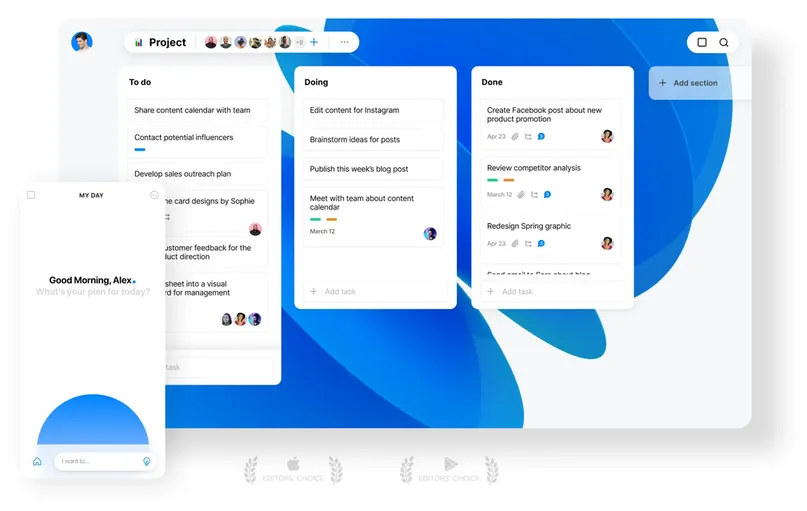Those who speak many languages have advantages in the globalized world. But in Germany, migration-related multilingualism is still often seen as a risk factor. Why linguistic diversity is a valuable resource to be able to use in several countries.
The Global Standard
More than 7000 languages are spoken worldwide. In Germany, however, it is common to go to school and go about everyday life in only one language, German. Seen globally, we are in the minority with this monolingualism. The inhabitants of Africa and Asia alone, who make up a good 75 percent of the world’s population, generally speak at least two languages – usually one regional and one official language. In Germany, too, the trend is toward multilingualism. More and more children and young people are growing up with more than one language. According to the IQB Education Trend 2021, a good 60 percent of elementary school children speak only German at home. But the proportion was still almost 73 percent in 2016 and just under 84 percent in 2011. Of the 22.6 million people with a migration background, one in two speaks at least one other language in addition to German. Turkish, Russian, Arabic, Polish, and English are the most frequently used languages of origin.
Advantages
In principle, linguists agree that multilingualism offers a whole range of advantages. Studies show that adults who have had contact with two languages at an early age have a greater ability to concentrate and pay attention and learn other languages more easily. In addition, it is now considered certain that learning several languages at the same time does not overtax children’s cognitive abilities, such as attention or memory. Studies show that even babies are able to distinguish between languages. A fetus can already hear the intonation and melody of a language in its mother’s womb. After birth, for example, newborns initially imitate what they hear when they cry and develop a “cry melody” in the first few days that differ significantly depending on the mother tongue.
When to start learning
Children can effortlessly learn several languages at the same time and distinguish between the individual languages at a very early stage. It is a misconception that it is too much for children to grow up with several languages. Research shows that there is a critical window of time, around the age of six to seven, when children can learn a second language as their mother tongue. This window of opportunity offers the chance to start bilingual education in kindergarten. “The human brain is physiologically designed to learn or store several languages. At the same time, it is obvious that in an increasingly globalized world, multilingualism significantly increases the possibilities for shaping one’s life. Accordingly, multilingualism should also be a central educational goal in Germany. Multilingualism does not guarantee educational success
What About Educational Success
Unfortunately, it is not that simple. Although it is now considered certain that children and young people with a migration background do better in German if they have a written command of their language of origin, the German education system is not yet sufficiently geared to multilingualism. It is true that most of the federal states offer instruction in the language of origin – but only for elementary school students, and the number of languages of origin offered and the quality of the courses vary widely. However, the fact that children with an immigrant background perform lower on average than children without an immigrant background does not depend solely on their language background. How well parents are able to support their children at school still plays a major role, whether due to their socioeconomic background or their level of education. Language proficiency surveys show that children whose parents have a low level of education need language support more often than children whose parents have a higher level of education. At the same time, children in Germany are less likely to attend a Gymnasium if both parents have little or no knowledge of German.






